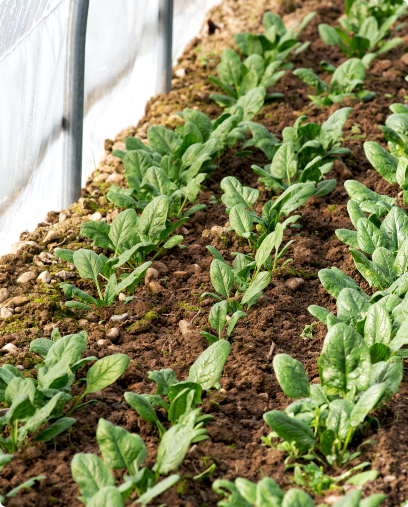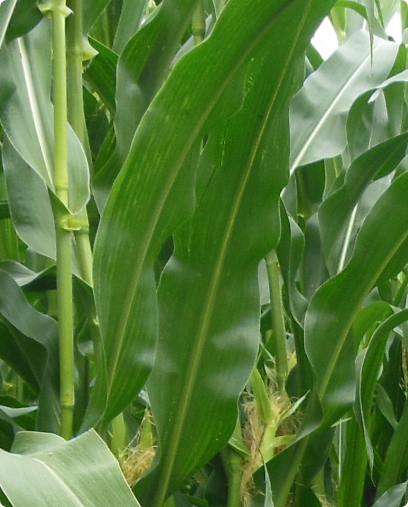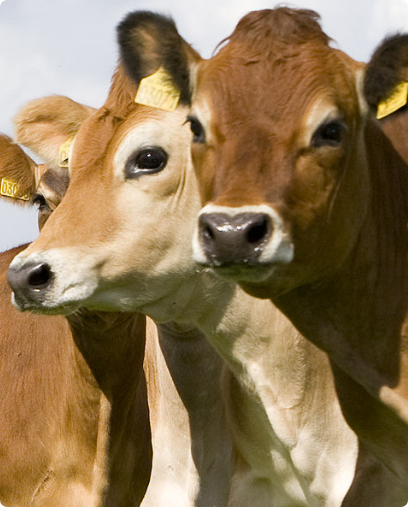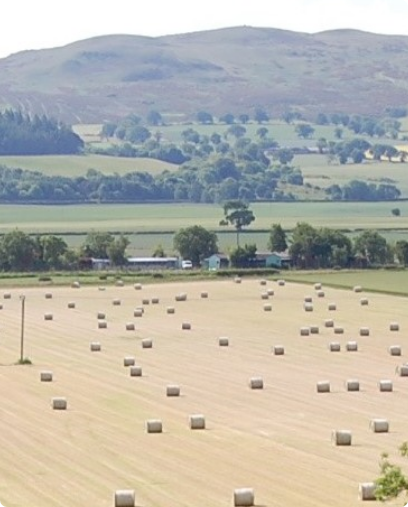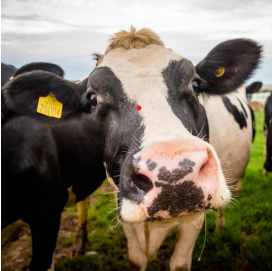Dr Natasha Yelina explains developments in novel breeding technologies in crops.
Elena Bidash shares the first part of her PhD project looking at Virus-Induced Gene Silencing (VIGS) and editing in legumes.
Thursday 26th September 2024
10.30am to 12.00 noon
Free
Bookings: [email protected]

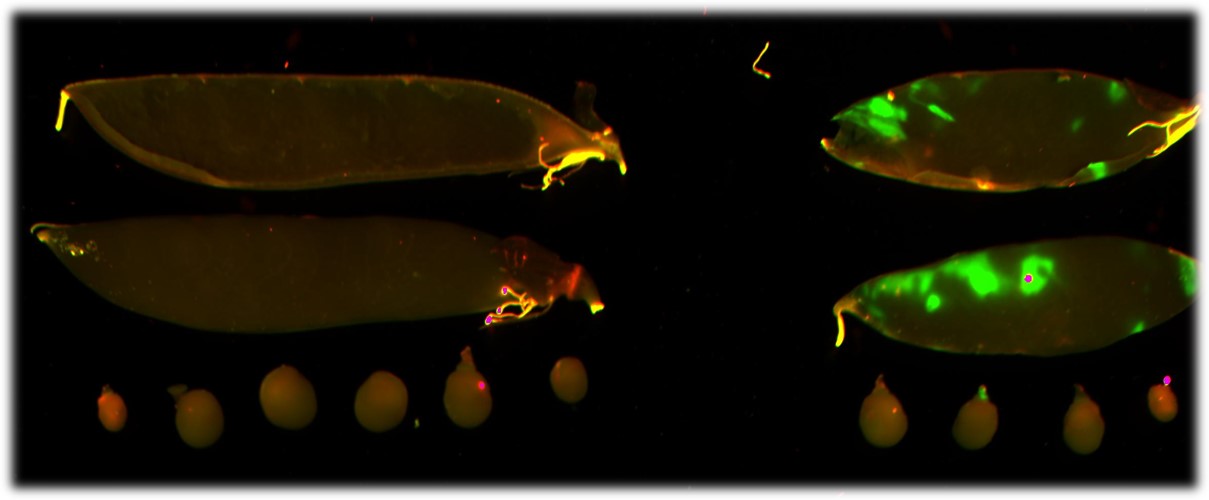
Find the full programme here and biography here.
Elena’s research is jointly funded by the University of Cambridge and AFCP Member Charities: Chadacre Agricultural Trust; Felix Thornley Cobbold Agricultural Trust; Perry Foundation; and The Morley Agricultural Foundation.
